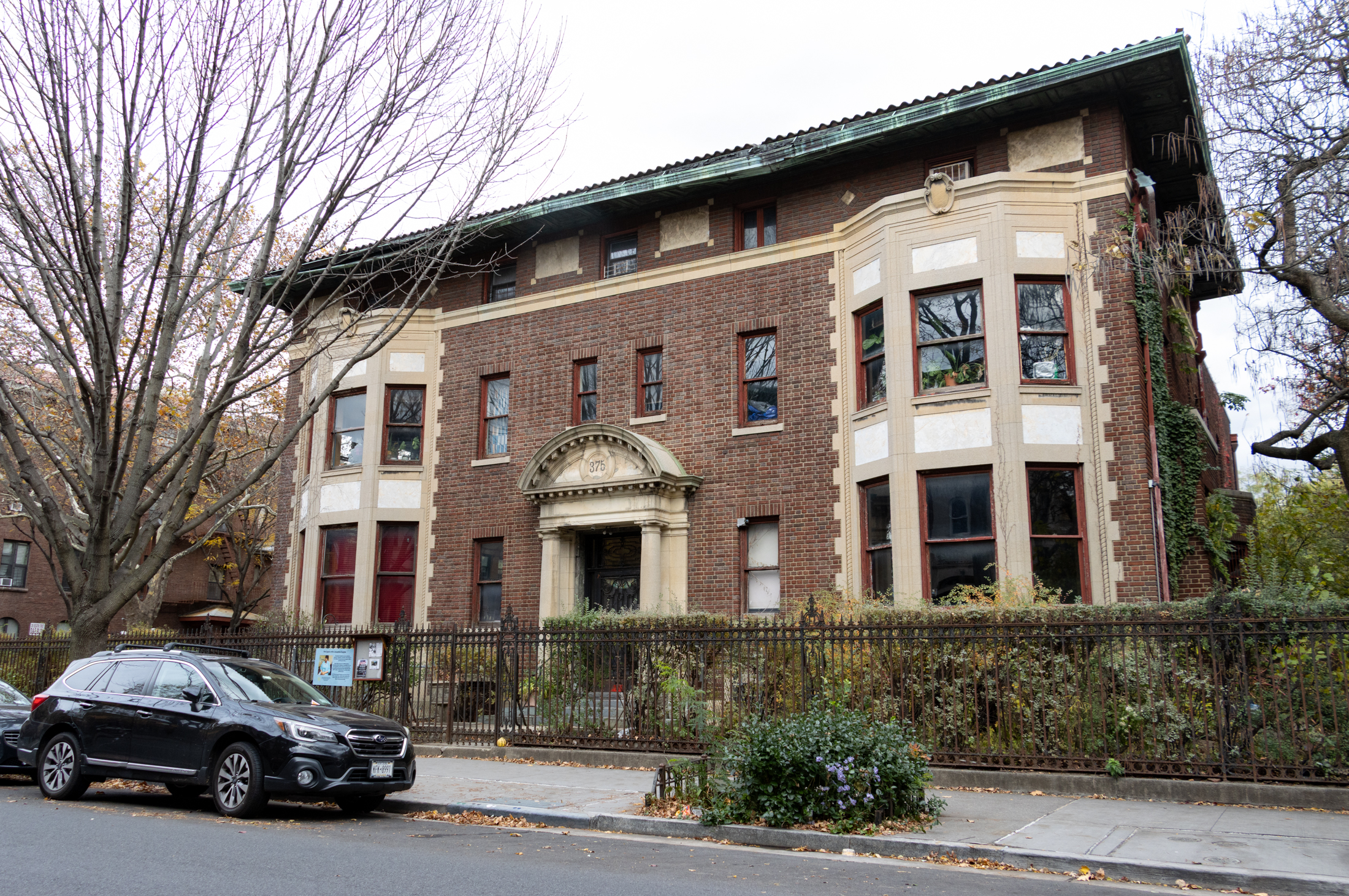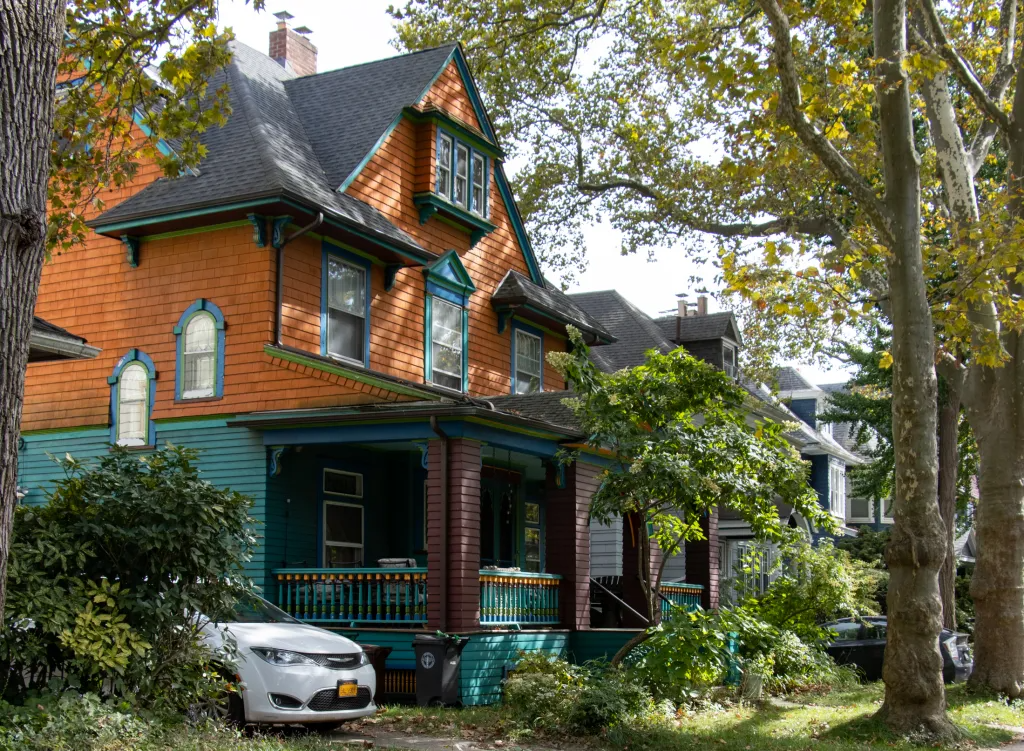Quote of the Day
When the government restricts return on any particular asset, that asset will be allowed to deteriorate until its value is low enough that it earns an acceptable return. If there is no value low enough, the asset will, one way or another, end up in the government’s hands and become a burden on taxpayers. Whoever…
![]() When the government restricts return on any particular asset, that asset will be allowed to deteriorate until its value is low enough that it earns an acceptable return. If there is no value low enough, the asset will, one way or another, end up in the government’s hands and become a burden on taxpayers. Whoever used the old saw “market failure” earlier in this discussion has successfully memorized a popular socialist catch phrase but does not appreciate the law of unintended consequences. If you force landlords to rent units at below market rents, the affected housing stock will slowly deteriorate. The remaining housing stock becomes prohibitively expensive, and new renters find it difficult or impossible to get into the below market units. The below market units effectively become a one-time property transfer from landlords (who actually took risk in buying and spend money for upkeep and repairs) to whoever had the dumb luck to be in a controlled apartment when the rules took effect. The controlled housing stock is tightly clutched in the hands of a less and less deserving population until it has to be pried from their dead hands, while over time the people who actually need affordable housing stock find it impossible to find because everything that isn’t being held until death is overpriced.
When the government restricts return on any particular asset, that asset will be allowed to deteriorate until its value is low enough that it earns an acceptable return. If there is no value low enough, the asset will, one way or another, end up in the government’s hands and become a burden on taxpayers. Whoever used the old saw “market failure” earlier in this discussion has successfully memorized a popular socialist catch phrase but does not appreciate the law of unintended consequences. If you force landlords to rent units at below market rents, the affected housing stock will slowly deteriorate. The remaining housing stock becomes prohibitively expensive, and new renters find it difficult or impossible to get into the below market units. The below market units effectively become a one-time property transfer from landlords (who actually took risk in buying and spend money for upkeep and repairs) to whoever had the dumb luck to be in a controlled apartment when the rules took effect. The controlled housing stock is tightly clutched in the hands of a less and less deserving population until it has to be pried from their dead hands, while over time the people who actually need affordable housing stock find it impossible to find because everything that isn’t being held until death is overpriced.
— by lechacal in Democratic Assembly Passes Pro-Tenant Legislation





Cambridge, MA had rent control for decades, and it was ended in the mid-90s without dire consequences, as far as I know. It’s tough to compare NYC to other places, and the end of rent control in Cambridge coincided with the beginning of a real estate boom, so results are not necessarily applicable. Still, it’s interesting to read that one study (admittedly, by the right-leaning Manhattan Institute) credited the end of Cambridge rent control with an increase in housing investment of 20%.
http://www.manhattan-institute.org/html/cr_36.htm
btw this is one of the best discussion threads I’ve participated in on Brownstoner since joining the site. Everyone’s being pretty courteous even with some wildly disparate viewpoints.
JERKS! 🙂
1st of all while you people are debating the merits of abolishing the current RS law -our fearless leaders are talking about DRASTICALLY strengthening the laws – therefore that is what should be being debated.
2nd – it is totally immaterial if LL are rich poor or otherwise – the purpose of the RS laws (as oppossed to progressive taxation for example) – is not to equalize wealth but to try and provide as much GOOD QUALITY affordable housing to as many people as possible. If the rent laws allowed people to earn billionaires but helped provide amazing and cheap housing for all, then that is what the rent laws should do – you will still be taxing all the income (on a progressive scale) later.
ditto – I’m not saying a Doctor should make the same as a garbage man. I didn’t come anywhere near saying that.
parkedslope – I understand that not all landlords are fabulously wealthy. There’s a good chance I’ll be a landlord myself in the next five years, but a very low chance that I’ll be rich. 😛
daveinbedsty – great quote. thanks for sharing
San Francisco has TOTAL vacancy decontrol – the proposed legislation wants to limit NY vacancy allowance to 10% – from 20%.
NY LLs would love to have SF rent laws here….instead we are going closer to Moscow circa 1968
Mopar – could you provide some actual stats on the % of rent controlled housing in SF vs NYC?
Also, SF and NYC comparisons are mainly apples vs oranges – just for starters: the actual city of SF is much, much smaller in population than NYC [you’d have to include much of the Peninsula & Oakland to make a decent comparison]; rental housing stock in SF is of a completely different origin and quality [mostly better, imho] than NYC.
CWB – trotting out the old ‘all landlords are rich’ myth isn’t helping anyone. Again, please provide some hard facts on this. When I was renting [WV, LES, UES, Park Slope], all of my landlords were small-timers. Some were well-off, but none of them were the type of ‘rich’ folk Robin Hood would want to rob.
Personally, I think rent control/stabilization should be phased-out starting now, ending completely in 10 years. Let your decrepit granny pass-away in-peace, but I don’t understand why we allow these apartments to be passed-along to subsequent generations.
And in my 100% anecdotal experience, rent-controlled apartments have been 100% sh*t-holes. There is absolutely zero motivation for a landlord to do anything but let them rot. This often creates plumbing, electrical, noise, etc problems for all the neighboring apartments, thus lowering their value too!
Sam;
I’m with lechacal on. Usually you’re analysis is spot-on, but today you were way off.
Bad lunch day?
What Denton said.